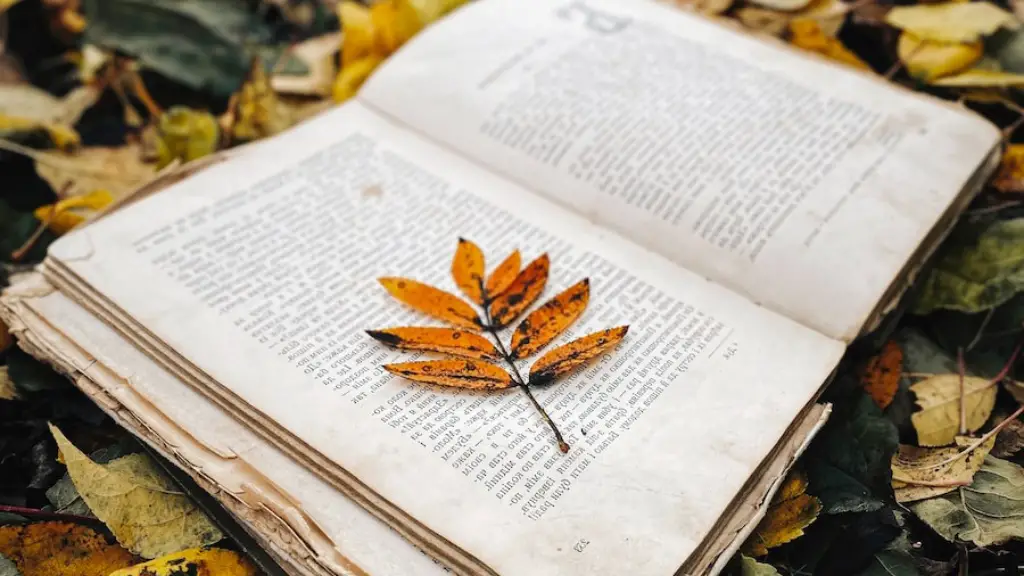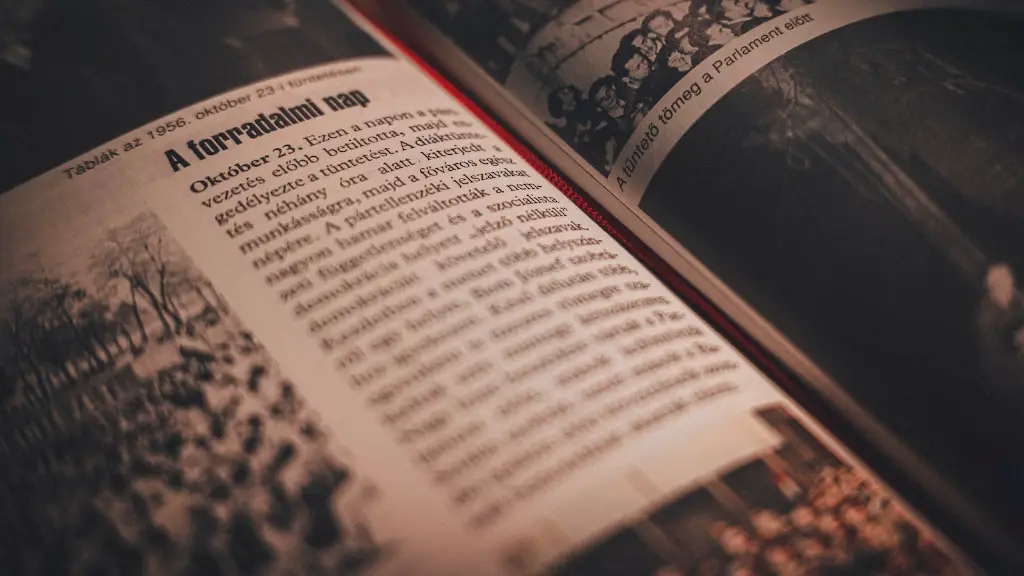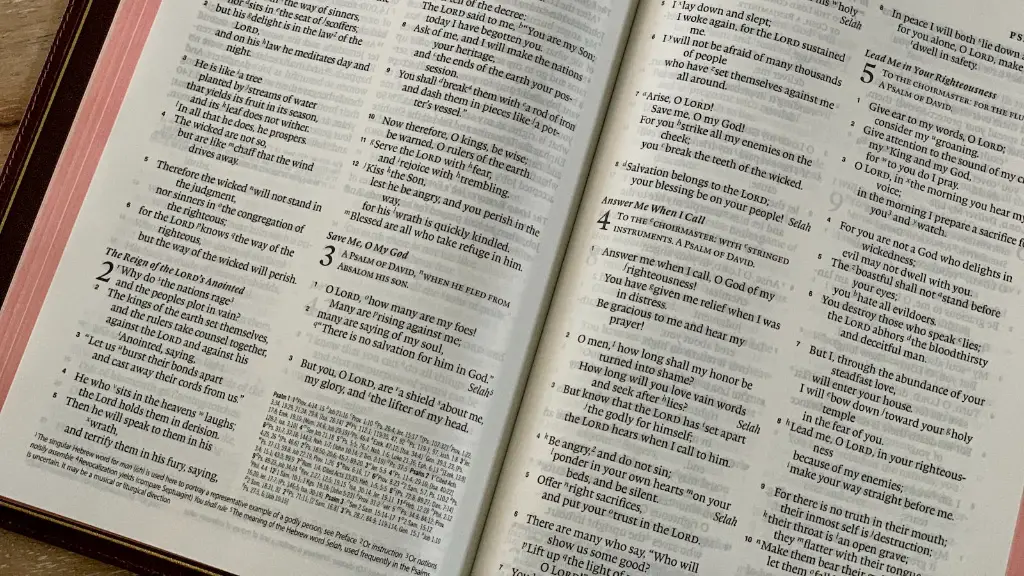Background
Spoken word poetry is a performance-oriented form of poetry where the poet’s words are delivered in an improvised and rhythmic style. It has a long and varied history that can be traced back to the days of oral storytelling and folktales, yet the modern iteration of this form of art has only really been around since the late 1990s. Though there is no singular style or format for spoken word poetry, it typically combines traditional lyrical elements with spoken-word components such as short stories, jokes, and dialogues that are sparsely poetic in structure.
Origins
Spoken word poetry has its roots in the storytelling traditions of various parts of the world. Many Native American cultures have a long history of passing down stories orally, often in a form of rhythmic, poetic speech. The Caribbean has a rich heritage of spoken word, particularly in the form of calypso and other forms of folk music. African-American vernacular tradition has also been an influence on all forms of spoken word poetry. In many African-based cultures, storytelling and music often go hand in hand and serve to inform, educate and provide entertainment.
The Beat Generation, a post-WWII American literary movement was instrumental in laying the groundwork for spoken word poetry as it is today. Influenced by vernacular tradition and jazz, beat poets sought to reject traditional poetic forms and instead melded their works with spoken word, jazz and other musical forms. This movement gave rise to figures such as Allen Ginsberg, Jack Kerouac and other prominent beat poets and was instrumental in bringing performance poetry to the mainstream in the 1950s and 60s.
Rise of Slam Poetry
The modern iteration of spoken word poetry began to take shape in the 1980s and 1990s in the form of slam poetry. Originating in Chicago, slam poetry is a competition-style form of performance poetry where contestants compete for the highest score. Competitors are judged on their delivery and the content of their poems, though slam poetry is typically characterized by its frankness, openness, and emotional intensity. Slam poetry is often credited as the genesis of modern spoken word poetry.
Modern Scene
Today, spoken word poetry has a vibrant and international presence, with slam competitions taking place all over the world. The popularity of social media, particularly platforms like YouTube, has allowed spoken word to reach a much wider audience and made it more accessible to the masses. This has been a boon to the art form, and has allowed performers to reach a large and engaged audience with ease.
The content of spoken word poetry typically deals with themes related to social and political issues and often takes a frank and critical look at these topics. As spoken word has become more mainstream and widely accepted, it has also been used as a tool to spread awareness and advocate for social and political change. This has made spoken word an important outlet for people of all backgrounds to express their views and articulate their thoughts on certain issues.
Benefits of Spoken Word
Spoken work poetry is an excellent way for people to express themselves and create meaning out of their experiences. By sharing their stories, experiences, and perspectives, spoken word poets are able to engage with their audience and create a dialogue. Poetry can be a powerful tool for communication and understanding, and it can inspire and motivate audiences in ways that other forms of art cannot.
In addition, spoken word can also provide a platform for underrepresented voices and perspectives to be heard. It is an avenue for those not usually availed of a platform to tell their stories and share their version of the truth. As spoken word has gained traction, it has become an important outlet for marginalised communities to express their thoughts and emotions.
Evolving Expression
Spoken word poetry has seen a resurgence in recent years, and this has led to the development of many interesting new sub genres such as hip hop poetry, beatboxing, freestyle rap and even metalcore slam poetry. It has also become popular among a younger generation of poets, who have embraced the art form’s improvisational elements and contemporary relevance.
The internet has also been instrumental in the expansion of spoken word poetry, allowing poets to find their audience and connect with them from around the globe. This has further opened up the art form to new forms of expression and collaboration. From freestyle cyphers and live performances to the use of technology to create innovative multimedia experiences, spoken word poetry is constantly evolving and reaching new heights.
Controversy
Though many see spoken word as a powerful tool for creative expression and political discourse, some believe that it has trended towards self-pity and exhibitionism. Such criticism is mostly levelled at its more mainstream branches, where performance-style poems often take precedence over poetic verse. Despite this, many spoken word poets have continued to push boundaries and seek to explore the nuance of the form in surprising and captivating ways.
Impact
As a fast-growing art form, spoken word poetry has had an undeniable impact on modern culture. From the small, intimate live venues to international stage shows and recordings, spoken word has become an essential tool for expression and exploration. It has also allowed a younger generation to find their own voice and given them a platform to share their stories in an open and accessible way.
Impediments
Despite its success, spoken word has had to overcome many obstacles to gain acceptance and recognition. As an improvisational, performance-oriented and often overtly political art form, spoken word is often seen as illegitimate or crude in comparison to traditional poetic forms. As a result, spoken word has had to struggle against discrimination and cultural expectations and many sincere performances have been overlooked or disregarded.
The Future
Spoken word poetry is still evolving and developing into something new and exciting. It’s clear that the art form is here to stay and that it has the potential to become even more popular as technology and social media continue to open up new avenues for poets. With its unique ability to combine music, politics, and storytelling, spoken word is here to stay and is sure to remain a powerful tool for expression for years to come.


